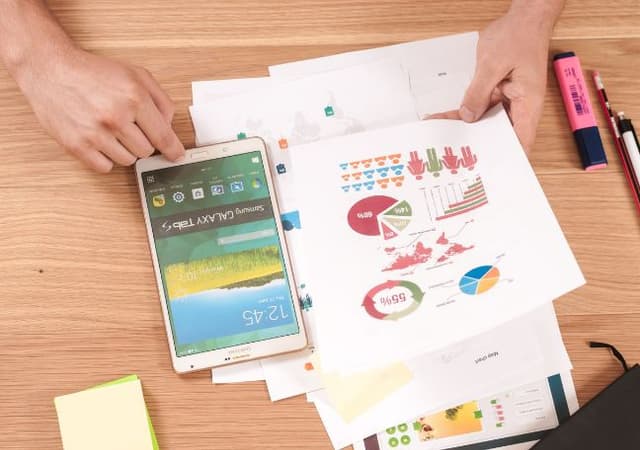
Evaluating Data to Assess Impact
Lesson5 of 6 in this unit
SecondaryYear 7 - 9ScienceInquiry SkillsEnvironmentalSustainabilitySocialSocial Action
Summary
Lesson Guides and Printables
Teacher Lesson Plan

Teacher Content Info

Student Worksheet


Teacher Lesson Plan

Teacher Content Info

Student Worksheet
